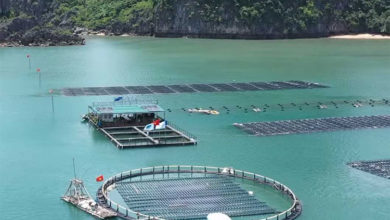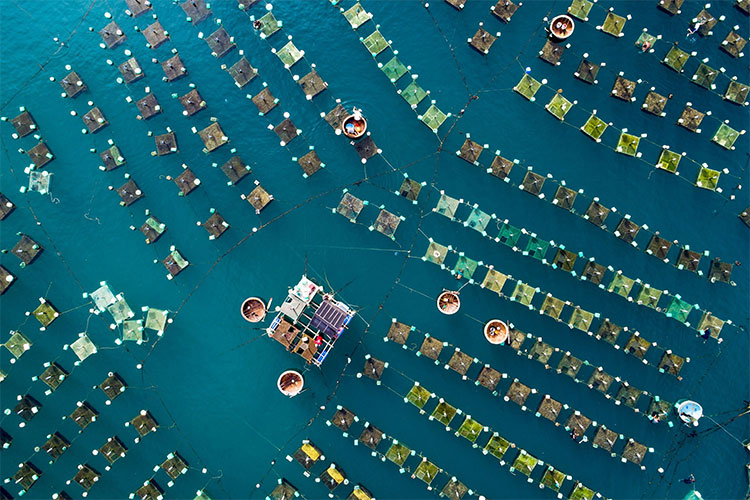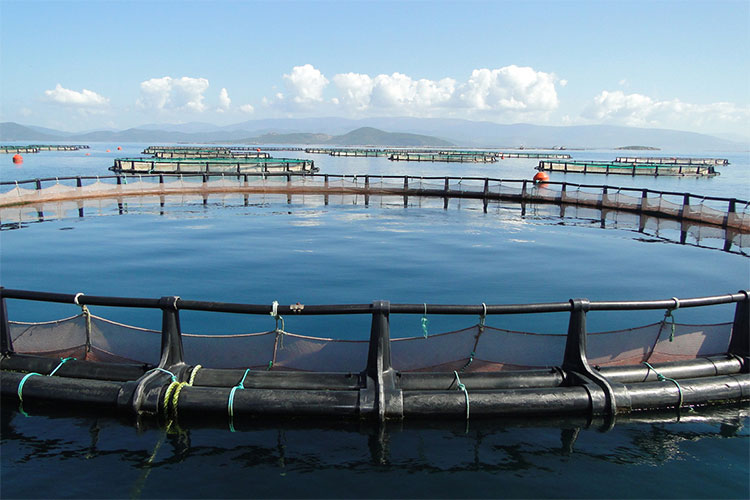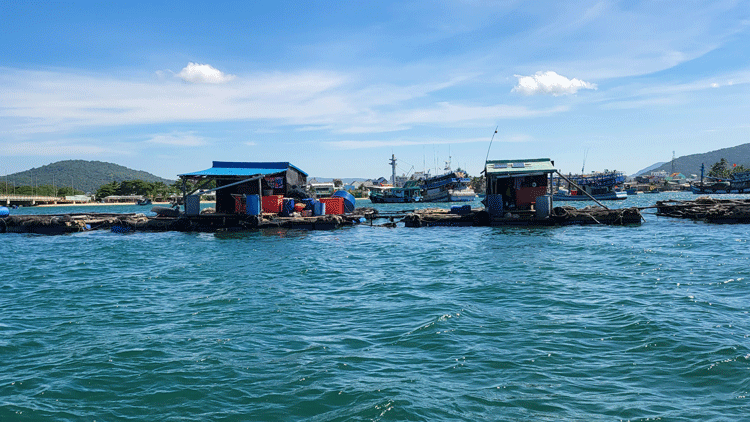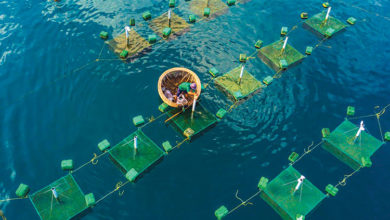Creating a legal framework to secure marine farming and livelihoods
Associate Professor Dr. Nguyen Huu Dung, Chairman of the Vietnam Marine Farming Association, suggests a shift from the current disorganized approach to a structured, regulated system for marine farming
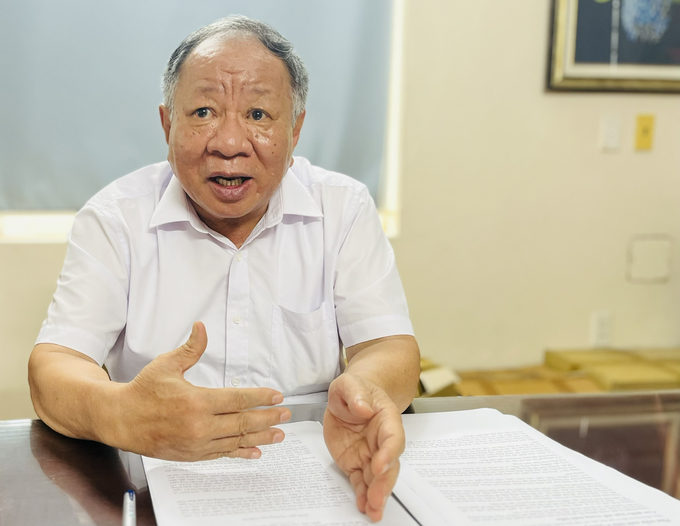 Associate Professor Dr. Nguyen Huu Dung, Chairman of the Vietnam Marine Farming Association. Photo credit: nongnghiep.vn
Associate Professor Dr. Nguyen Huu Dung, Chairman of the Vietnam Marine Farming Association. Photo credit: nongnghiep.vn
Marine aquaculture in Vietnam, particularly after Typhoon No. 3, has faced significant challenges, prompting a call for systemic reform. Associate Professor Dr. Nguyen Huu Dung, Chairman of the Vietnam Marine Farming Association, suggests a shift from the current disorganized approach to a structured, regulated system for marine farming.
Vietnam’s 2017 Fisheries Law and Decree No. 11/2021/ND-CP allow long-term usage rights for maritime areas, similar to land ownership. However, the full potential of these legal frameworks has yet to be realized. Dr. Dung emphasizes the need for legal anchors to solidify people’s engagement in their assigned maritime zones, fostering investment in sustainable technologies and reducing risks.
The vision extends beyond legislation to implementing a long-term strategy that addresses environmental risks and shifts focus from marine exploitation to cultivation. Vietnam’s expansive 1-million-square-kilometer sea area presents immense opportunities for wealth generation through sustainable marine farming. However, Dung notes that to achieve this, it requires coordinated efforts from the government, legal reforms, and the application of modern science and technology.
Key areas for development include streamlining management, introducing policies that encourage marine farming, and leveraging advanced technology. The ultimate goal is a complete shift from marine exploitation to a sustainable model of marine farming, ensuring both economic growth and environmental preservation.
VFM


